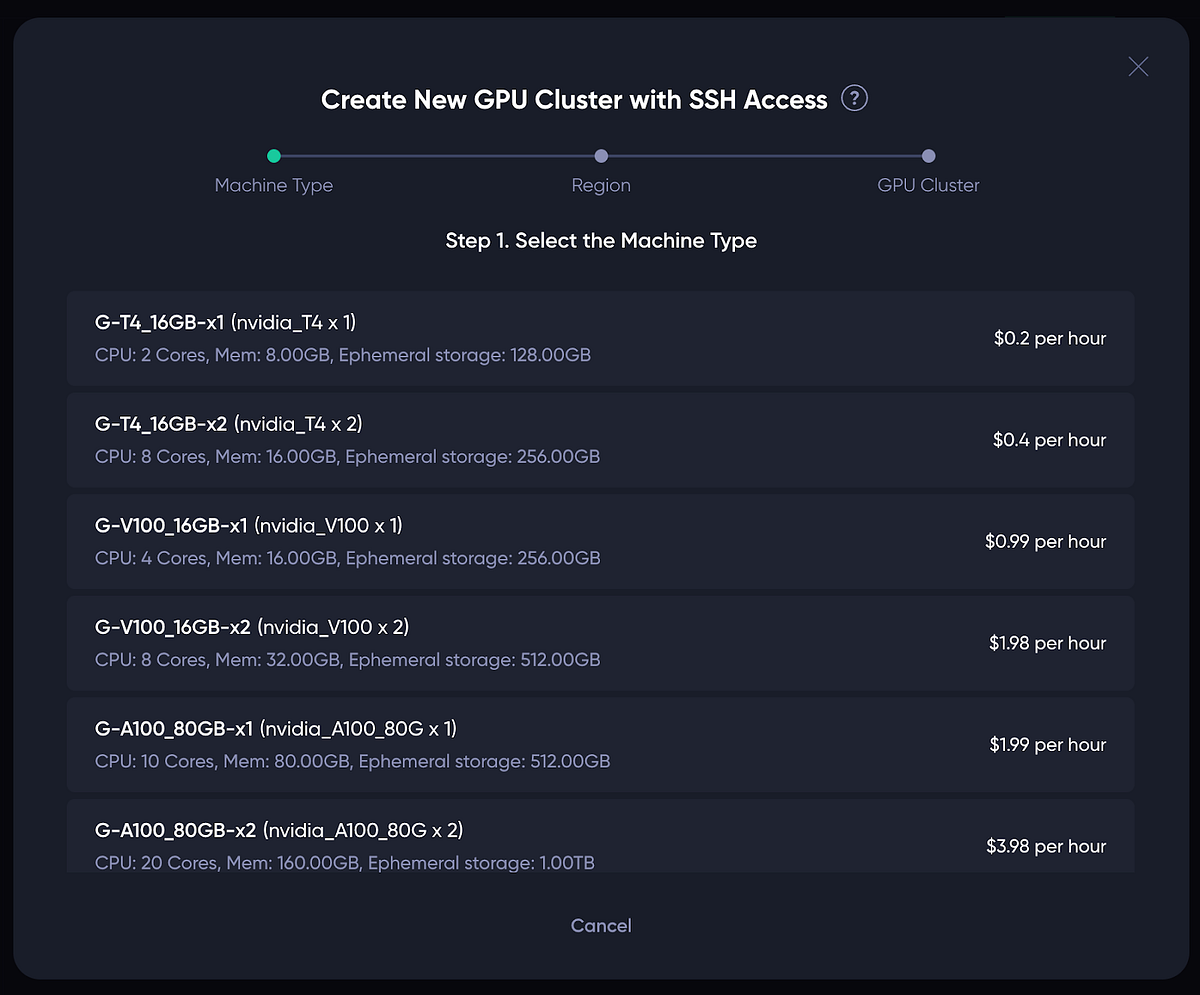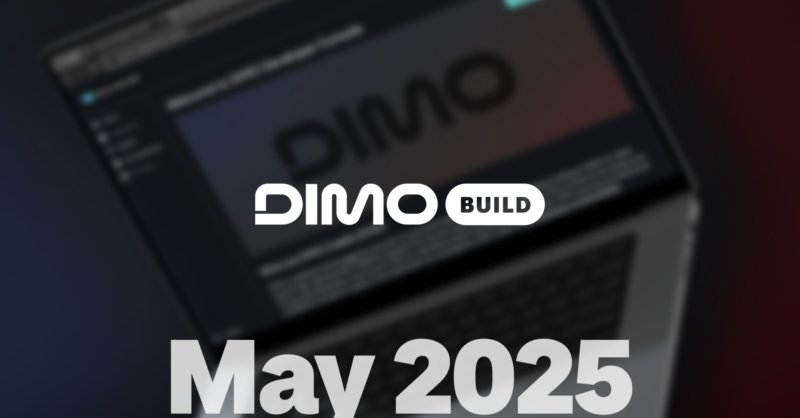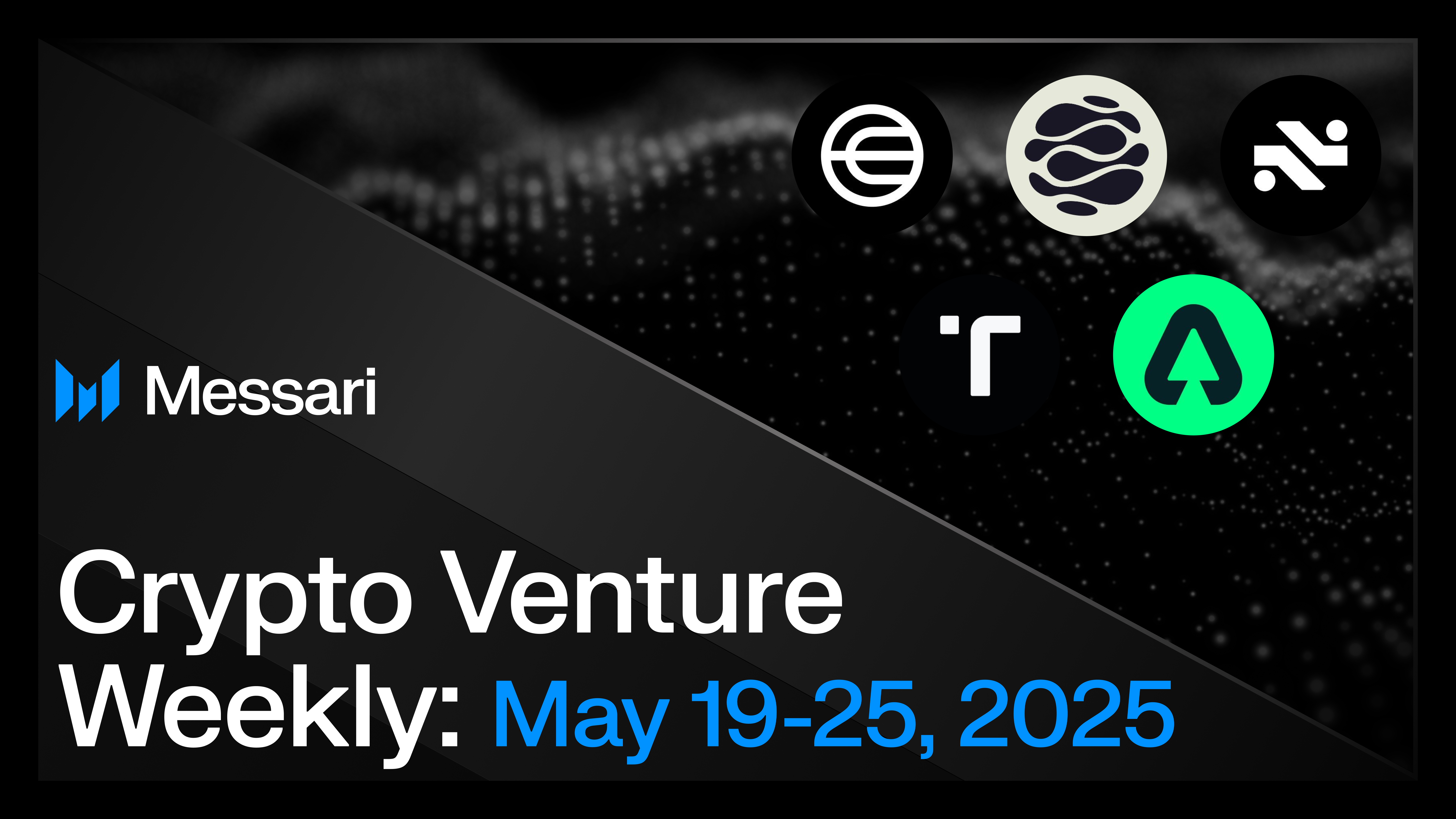AYDO's Breakthrough Year: Bridging Web2 and Web3 in 2024
2024 marked a pivotal year for AYDO within the Decentralized Physical Infrastructure Network (DePIN) ecosystem, as the project successfully bridged the gap between Web2 and Web3. This innovative platform empowered users to take control of their IoT-generated data, transforming it into an asset that they could own and monetize. AYDO made significant strides at major blockchain and tech events, including Token2049 and the DePIN Summit 2024, showcasing its advancements and forming strategic partnerships with notable DePIN and AI projects. One of the highlights was being selected as one of only six projects to join the prestigious DePIN Base Camp accelerator, further solidifying its position in the market.
The beta testing phase of AYDO received an overwhelming response, with over 7,000 applicants vying for a chance to participate. From this pool, 300 individuals were chosen to engage in the beta launch, including Ambassadors and AYDO OGs. Their feedback has been invaluable in refining the platform, ensuring a user-friendly experience. In addition to technological progress, AYDO focused on community engagement by launching a Discord server and establishing an Ambassador Program. This initiative fostered a sense of belonging among members, rewarding them for their contributions and insights.
Looking ahead to 2025, AYDO is poised for further growth with the upcoming official app launch. The partnerships formed throughout 2024, such as those with 375ai and Axone, have expanded AYDO’s capabilities, allowing for enhanced data collection and monetization opportunities. To celebrate its achievements, AYDO is hosting a Testnet giveaway, encouraging community participation through creative tasks. As AYDO continues to evolve, it aims to revolutionize the decentralized data landscape, creating significant value for users worldwide and solidifying its role in the blockchain and IoT ecosystem.
Related News





